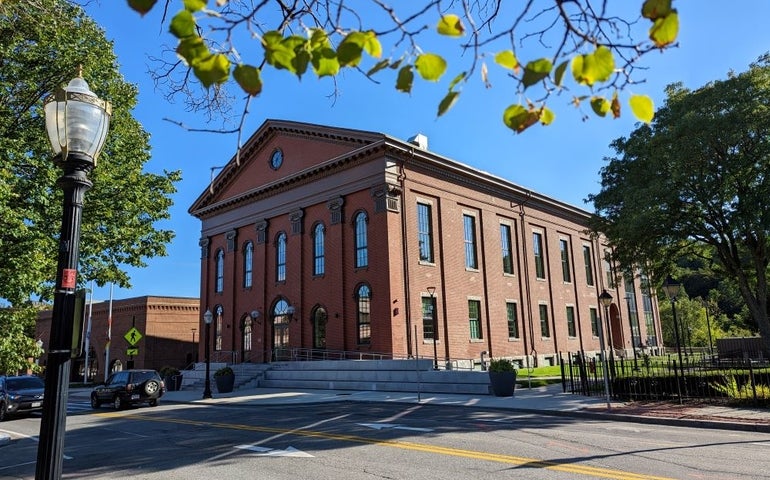Two years after members of the Fitchburg City Council voted to approve the creation of a Vacant Property Registry, the system is now live.
The registry, designed to help the City tackle the issue of blighted, disused, and abandoned properties, is the result of more than a decade worth of work from the City’s Problem Property Task Force, according to a press release issued by the City on April 22 posted to the website of the North Central Massachusetts Chamber of Commerce.
The City cited the potential hazards posed by abandoned properties and the impact they have on abutter property values as justification for the registry requirement.
“The City understands sometimes it is unavoidable for a property to be vacant for a period of time,” the City press release reads. “However, for those owners who have held vacant property in Fitchburg for many years, it’s time for them to either develop the property and get it occupied, or sell to someone who will develop the property. In this era of housing shortage and rising housing costs throughout the commonwealth, now is the time for action – and Fitchburg can be a part of the solution.”
The Fitchburg City Council approved the vacant property registration ordinance in April 2022 by a vote of 8-2, according to council meeting minutes. The ordinance requires the owners of any residential or commercial properties 100% vacant, abandoned, or foreclosed, to register their properties through the City’s website.
Owners will have to pay $100 to register their properties, with the annual renewal fee escalating to $250 for the first renewal, $2500 for the second, and $3,500 for the third year and every year after that. Failure to pay fees will result in a municipal lien being placed on the property.
Detached single-family homes actively being marketed for sale are exempt from the registration requirement, as are properties being developed for affordable housing under certain circumstances, such as buildings owned by a nonprofit community development corporation.

